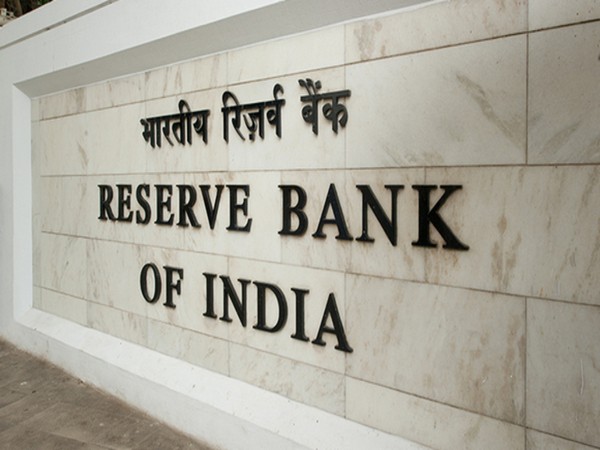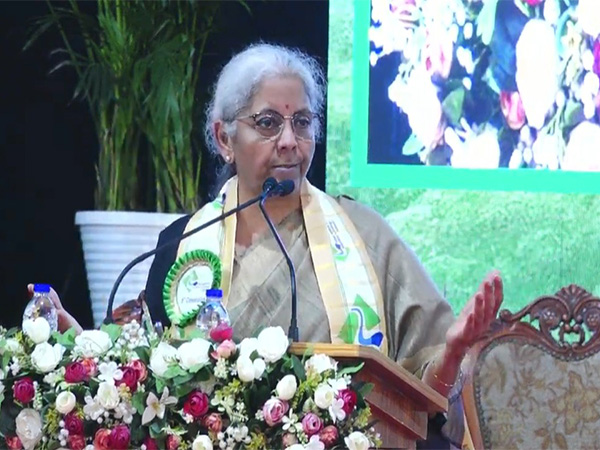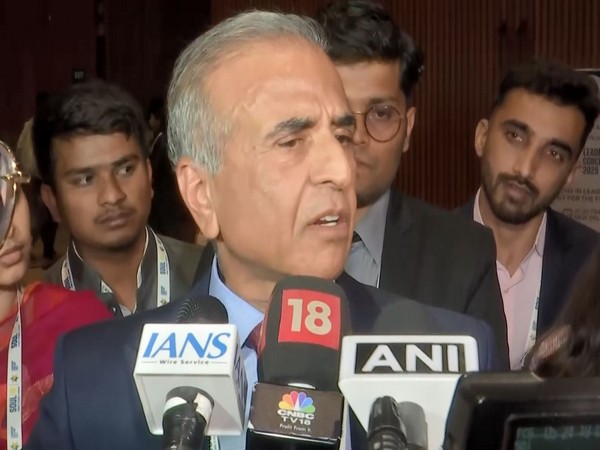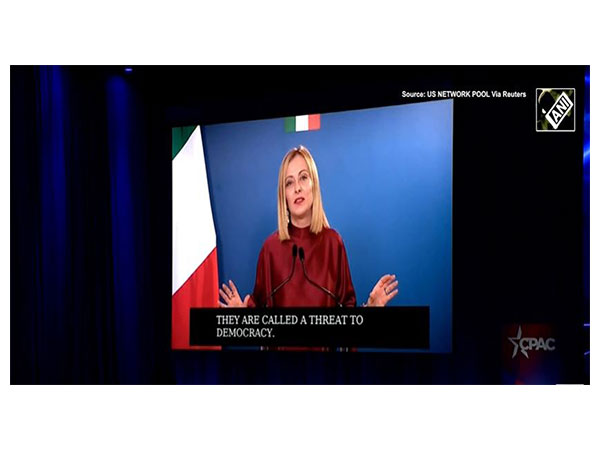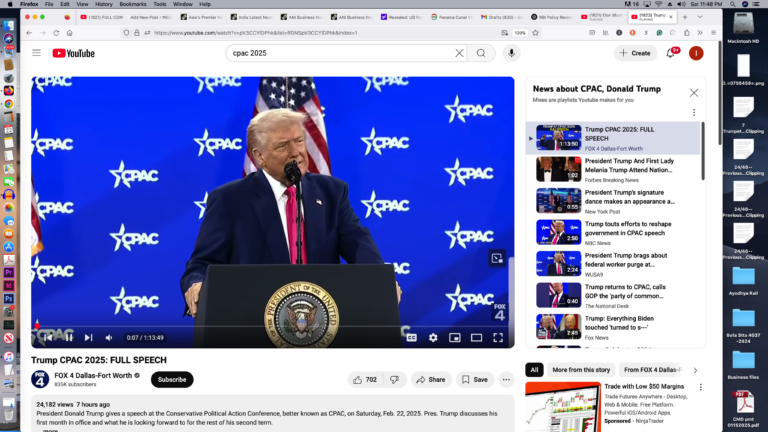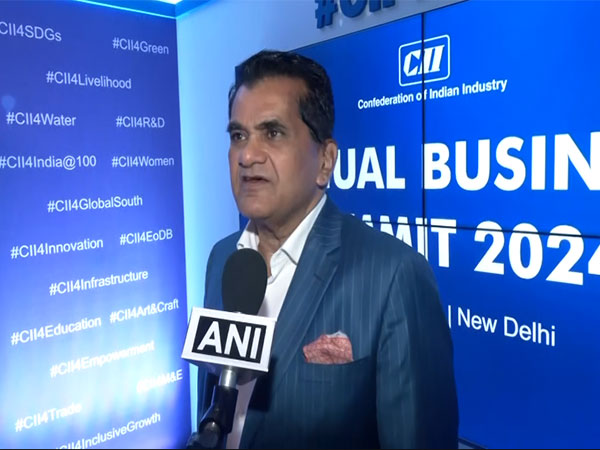
By Nikhil Dedha
New Delhi [India], May 18 (ANI): Amitabh Kant, G20 Sherpa for India, emphasized the urgent need to accelerate the adoption of electric vehicles (EVs) in India, highlighting the government’s initiatives and the significant role of the private sector in the transformation, at the Confederation of Indian Industry (CII) Annual Business Summit 2024, held in New Delhi on Saturday.
Amitabh Kant said, “A lot of action is underway in the coming five years.”
Speaking to ANI, Kant acknowledged the massive disruption occurring in the automotive industry, driven by the global shift towards sustainable transportation.
Kant said, “There is a huge disruption taking place and it’s important that we accelerate the pace of electric vehicles both in two-wheelers and three-wheelers which account for about 75 per cent of our vehicles and the government has already allocated Rs 57,613 crores for procuring 10,000 electric buses.”
Kant outlined the expected ripple effects of these investments, forecasting a boom in the manufacturing of electric two-wheelers, three-wheelers, and buses.
He highlighted the critical role of the Production Linked Incentive (PLI) scheme and said, “So once that gets accelerated, you’ll see two-wheelers, three-wheeler manufacturing, buses manufacturing. And I think the next big ticket thing will be the battery manufacturing for which the Production Link Incentive Scheme has been bid out, and you will see many companies manufacturing batteries in India from Tata to Reliance to Maruti to Exide.
“Many companies doing battery manufacturing which will be the next big driver of growth”, Kant predicted, envisioning India as a global hub for battery production.
Setting an ambitious goal, Kant stated, ” So our objective should be to make India fully electric as far as two-wheelers, three-wheelers and buses are concerned by 2030. ensure that India becomes an electric vehicle nation.”
He underscored the importance of this transition for reducing pollution and achieving sustainability goals. The push for electric vehicles is part of a broader strategy to position India as a leader in green technology and sustainable development.
Kant also addressed the anticipated changes in the four-wheeler segment, praising domestic manufacturers like Tata Motors for taking the lead in EV production.
“And on four-wheelers, I think a lot of disruption will take place because you already have Tata’s driving manufacturing of four-wheelers. They’ve taken the lead, which is very important. Mahindras are coming out with a full EV bone, as they say”, said Kant.
The government’s policy to attract international automakers by offering lower duty rates, contingent on their investment in India, is expected to further boost the sector.
“And the policy for getting… international companies to do four-wheeler manufacturing has also been opened up with lower duty rates subject to their making investments in India. So I think a lot of action is underway in the coming five years. That will all fall with size and scale. So that will all come down as you are seeing in two-wheelers and three-wheelers, prices will fall very substantially,” he noted.
Looking forward, Kant painted a picture of intense activity and development in the EV sector over the next five years.
Kant stated, “So the policy has been announced. We can’t have policies for individual companies. The policy for UTs has been announced. So that will be my question.” (ANI)
